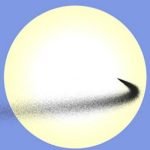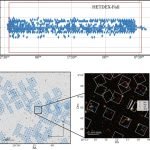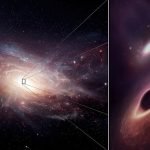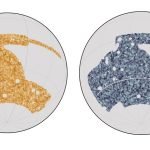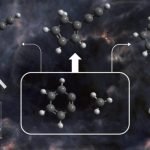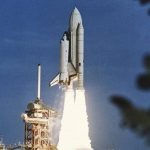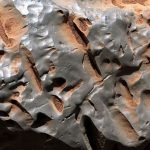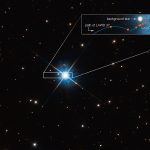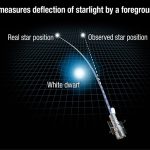Space dust could help protect the earth from climate change
A new study led by scientists at the Center for Astrophysics | Harvard & Smithsonian and the University of Utah explores the potential of using space dust to shield sunlight.
Astronomers reveals galaxy gold mine in first large survey
Over 200,000 astronomical objects including distant stars and galaxies have been mapped in 3D for the first time.
Astronomers have barely scratched the surface of...
Scientists detect a black hole table for two
Astronomers have discovered a galactic table for two—a pair of unusually close black holes that are feeding together after their respective galaxies collided.
Astronomers make a new map of all the matter (and dark matter) in the...
There’s a lot of matter in the Universe, but not all of it is visible to us.
Matter is, essentially, anything that has mass and...
Scientists reveal the chemical secret of star birth
Scientists have uncovered what might be a critical step in the chemical evolution of molecules in cosmic “stellar nurseries.”
How the Columbia Shuttle disaster changed space travel
Columbia is a part of our history, and we need to remember and learn from it,” said Ronald Lee ’86.
On Feb. 1, 2003, the...
NASA’s Curiosity finds another metal meteorite on Mars
NASA's Curiosity Mars rover is going about its business exploring Mars.
The high-tech rover is currently exploring the sulphate-bearing unit on Mt. Sharp, the central...
Astronomers use earthquakes to understand glitches on neutron stars
A team of astronomers have used a model of earthquakes to understand glitches in the timing of pulsars.
Their results suggest that pulsars may have...
Astronomers observe light bending around an isolated white dwarf
Astronomers have directly measured the mass of a dead star using an effect known as gravitational microlensing, first predicted by Einstein in his General...
Astronomers measure the mass of a lone white dwarf for the first time
Astronomers using NASA's Hubble Space Telescope have for the first time directly measured the mass of a single, isolated white dwarf – the surviving...

